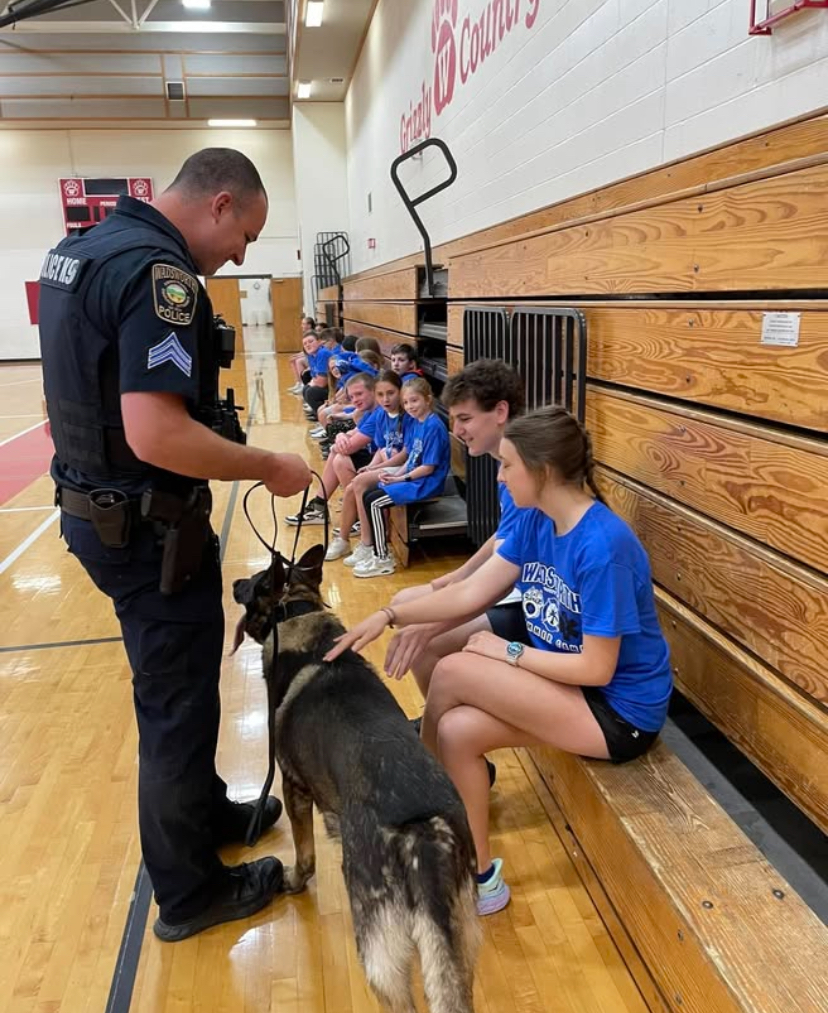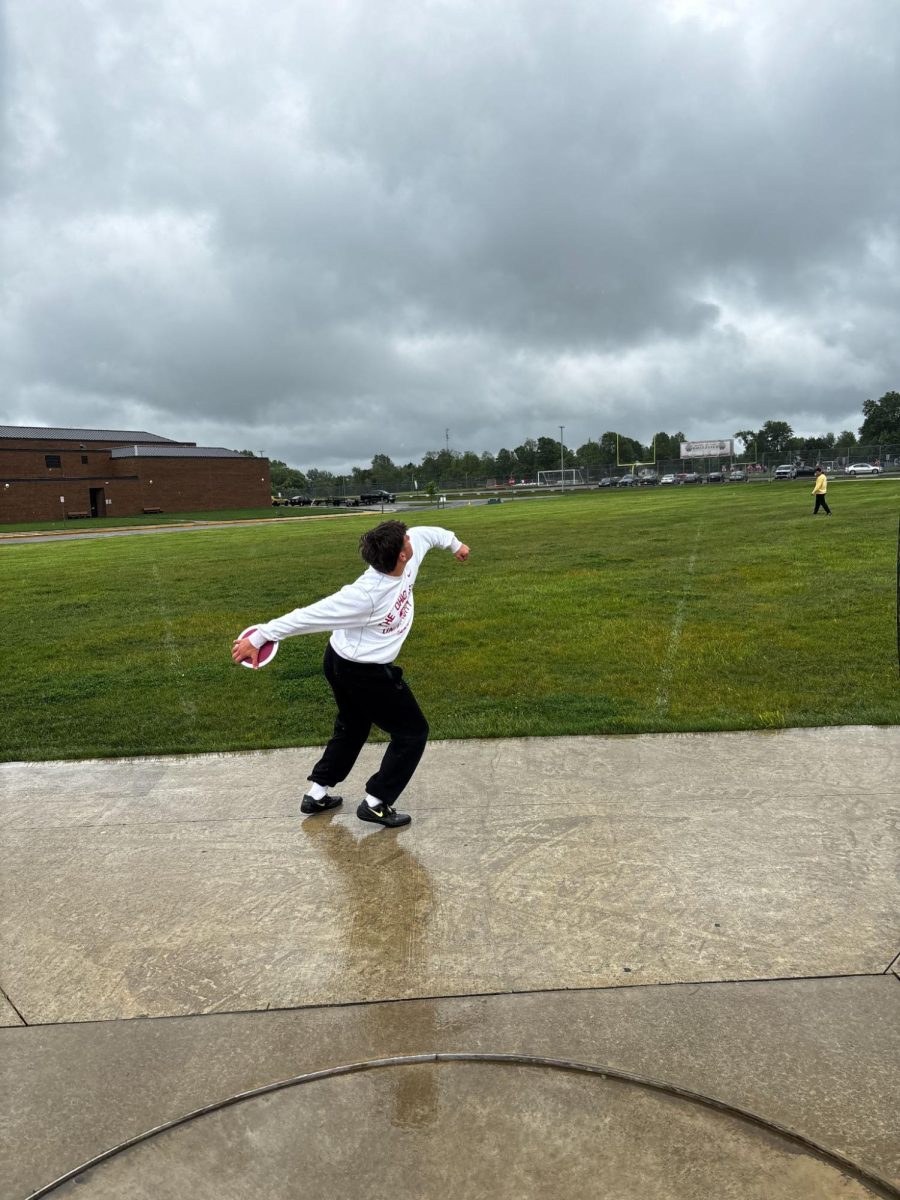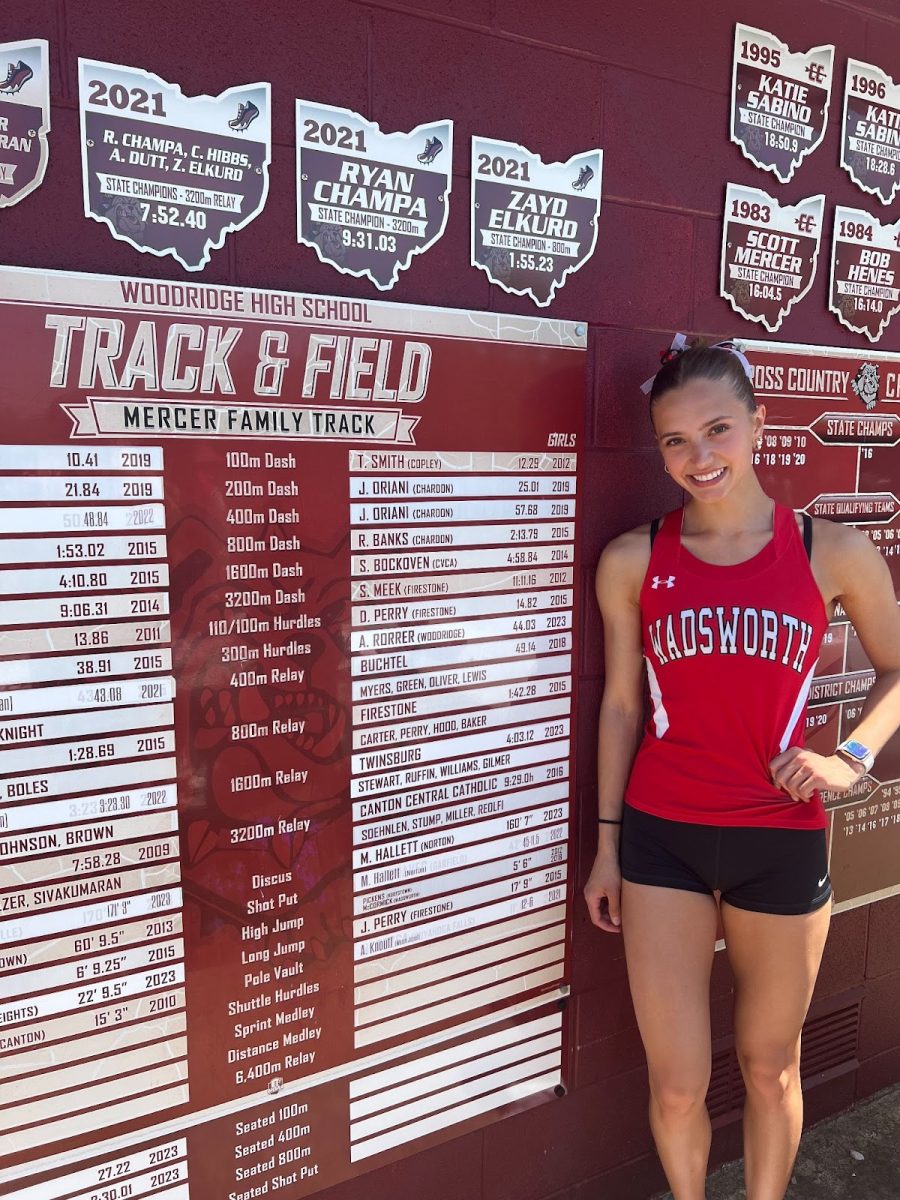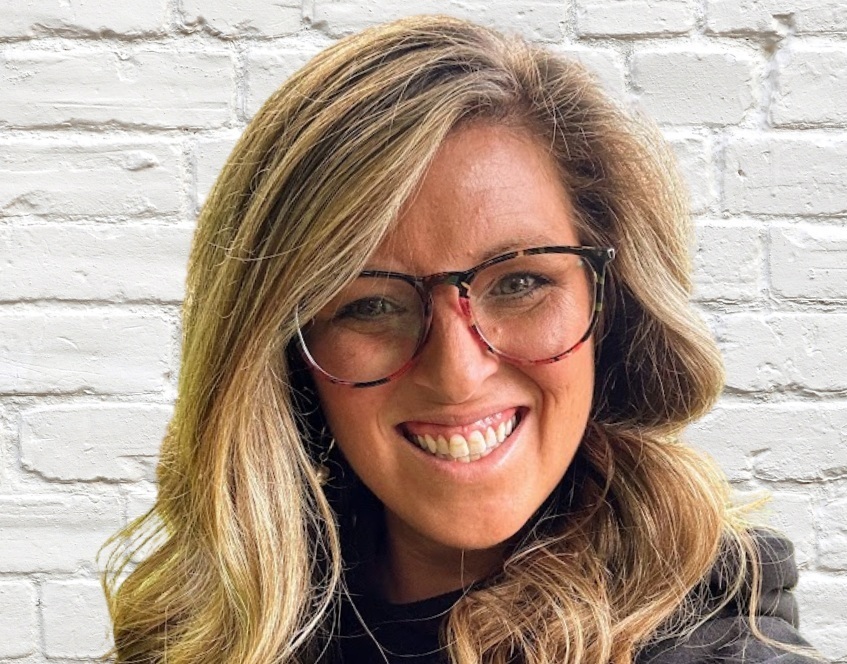BY JULIA SWAIN
On Thursday, March 10, the MLBPA and the thirty club owners came to a tentative agreement to end the league’s second longest labor shortage.
In an interview with the Bruin, Adam Eaton, MLB player formerly of the Los Angeles Angels, Chicago White Sox, Washington Nationals and Arizona Diamondbacks, detailed his thoughts on the end of the lockout.
“It’s good, it’s good for baseball, good for the fans,” Eaton said. “One thing we’ve touched on many times is how important fans are to baseball, we don’t want to upset them too much. At the end of the day it is a business, really at the end of the day if we don’t have the fans we are nothing as Major League Baseball. Without fans we’re just a bunch of guys out on afield playing in the backyard so to speak, so we need to make sure we take into account the fans and with the deal getting done, it’s only going to help hopefully everyone involved and to move forward and still play 162 [games], like I said hopefully everyone’s looking forward to it.”
Now that the lockout has ended, here is how we got here:
The MLB’s first work stoppage since 1994 began on December 12, 2021, and has lasted without much movement since then. In the simplest of terms, the MLB has something called a CBA (collective bargaining agreement), which has to be renewed every couple of years. This agreement mostly deals with the finances of the league, such as what players are allowed to make, and contractual agreements made between the players and the owners. Evidently, the deal comes down to money, and that is essentially the reason no one will see a major league baseball game be played until at least April 14.
“A lot of it just comes down to money at the end of the day, just how much the players are willing to make, especially TV revenue deals that these leagues sign,” said , Evan Dammarell owner and editor in chief for Right Down Euclid, a Cleveland based sports website. “It’s very silly how much money they [the owners] make so a lot of it comes down to that.”
Eaton spoke on his thoughts about the lockout, especially with what he believes is the largest effect of the lockout, player wise.
“I mean money wise, it definitely affects the players directly, the money that you put into your pocket,” Eaton said. “The biggest key issue to really any CBA is the money-flow from the owners, to the fanbases to the owners to us, I think that’s the biggest effect. The next biggest effect is just to play the game of baseball, you know, every kid, we’re all kids out there, every team just wants to play, enjoy the game, enjoy everything it has to offer. I think that’s a big issue as well, just getting out there and playing.”
The deal is largely a power struggle between owners and the players that make these owners their money, as they feel that they were not properly compensated in the 2017-2021 CBA, leading to the frustration that has stopped them from coming to a decision on a deal.
Dammarell spoke on the historical dispute between players and owners in the MLB, as well as other professional sports leagues.
“It’s [the power struggle between owners and players] always been this way. I think if you look at any league it’s always been this way whether it’s the MLB, the NFL or the NBA and there’s always going to be a stoppage of play unless they can come to terms quickly,” Dammarell said. “It’s a union thing for the players, so they vote within, they elect players who represent them overall and they go to the table and negotiate with the league owners, and they are looking out for the best interest of themselves which I can totally understand and agree with.”
Additionally, Eaton discussed who he believes the lockout affects the most.
“I think it affects the fans the most,” Eaton said. “You can definitely talk about a lot of money between both the players and the owners but for me, I think the focus should be on the fans. You want to please the fans. Without the fans, both sides are absolutely minute and we don’t exist without them, so for me I think the fans.”
Dammarell then explained the positives to the lockout.
“Positives wise the players can hopefully get what they want financially, that’s always a win in my eyes,” Dammarell said. “The owners are billionaires at this point, they have so much money at this point it’s silly, that I think they can part with a couple extra million if they have to, I think it’s a drop in a bucket for them.”
Dammarell also explained the negatives to the lockout.
“The biggest negative for me is opening day is more or less canceled to this point. There’s a lot of folks that work at, let’s just use Progressive Field for example, who either do tickets, or concessions, or they do security, they may rely on that income to pay their rent, or pay their bills. That doesn’t happen if there’s no baseball being played, and that’s the biggest negative in my opinion, there’s a big power struggle between billionaires and millionaires right now, but the little guy is really getting the shortest end of the stick right now. The longer this goes on, the more dangerous this can become for people like them.”
As for whose fault the lockout ultimately is, Dammarell shared his belief that both sides are at fault.
“Both sides bear accountability because as I said, for the people who make minimum wage they are being greatly impacted, so both sides bear accountability for that, but it more so comes down to the owners at the end of the day,” Dammarell said. “The league just doesn’t want to budge and the 30 owners do not want to budge on any terminology, I saw that they were proposing a pitching clock, and certain things just kind of pace the game a little bit and make the game more exciting, but this is just a huge misstep on the leagues part because in terms of the big four in sports, they are being left on the wayside because they aren’t marketable.”
For the MLB as an organization, popularity has been a consistent issue for the past decade or so. This is another reason that the lockout is such a big issue, as the longer this goes on, the more chances they will lose to gain viewership.
Additionally, Dammarell shared the advice he would offer to the MLB as a whole.
“These groups are all using the media as a bludgeon to create a public pressure on one side, so it’s a very common tactic as a way to say I’m not happy with my situation,let’s fix it, so my advice would be to just iron out the details,” Dammarell said. “I saw the owners budged a little closer to what the players are looking for, and I think if they are willing to budge a little bit, I think the players association have to meet them halfway a little bit, they are shooting for a higher number, and I think they will settle for less than what they are actually asking for.”
Eaton also shared when he believes the lockout will end from a player’s standpoint.
“I think we’re all speculating, this is complete speculation on it, but I don’t quite know when we might do that, there’s some terms we need to agree to that we haven’t quite gotten there yet so time will kind of tell with that, but I hope sooner than later, I definitely hope that,” Dammarell said.
Eaton then shared the impact that this lockout has on the players’ families.
“I think that one thing a lot of people don’t realize is that we are human beings at the end of the day, especially the players, same with the owners, so it’s not always flowers and butterflies,” Eaton said. “Whenever we do get this thing up and running basically everyone’s got to be somewhere in five days, you also realize that it is such a short-lived time, you are going to be a non-baseball player a lot longer than you are actually going to be a baseball player, so you just kind of have to roll with the punches and try to do your best to manage that stress, manage your family and squeeze out as much juice as you can so you kind of put up with the high intensity, and whatever comes your way you try to conquer it as much as possible.”
Eaton also shared what the hope is for future negotiations in order to get back to playing.
“You want to play all of the games,” Eaton said. “I think first and foremost, you get paid for every game that you play, and if you cancel games, the owners as well as the players don’t get paid for those games, so I hate to say it, it all comes back to money. The players want to play the games as well, so hopefully they can agree to that, if they can then it will be another stepping stone on track to getting back to play so we’ll see what happens with that.”
Eaton additionally shared what he believes is the biggest issue of the lockout for players.
“The biggest effect [of the lockout] is just to play the game of baseball, you know, every kid, we’re all kids out there, every team just wants to play, enjoy the game, enjoy everything it has to offer,” Eaton said. “I think that’s a big issue as well, just getting out there and playing.”
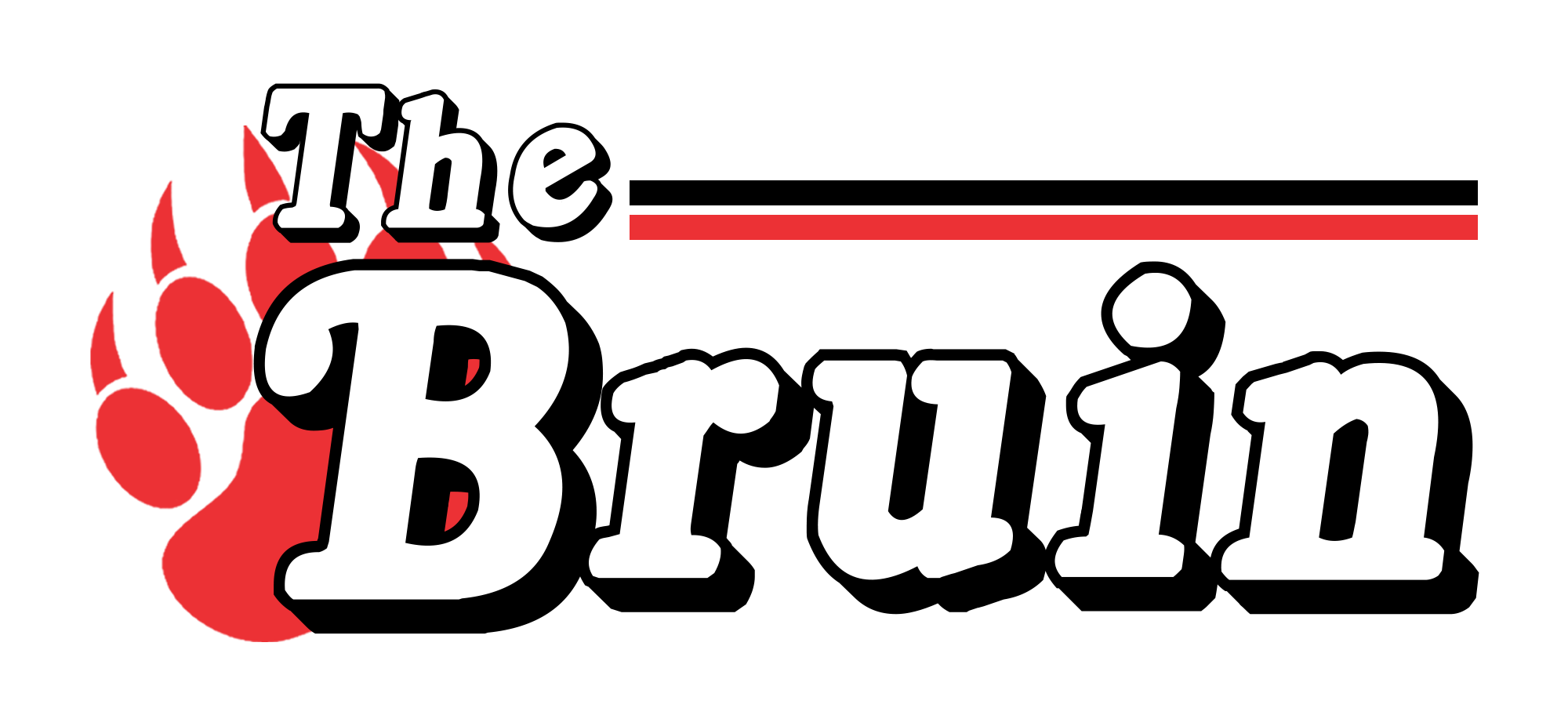
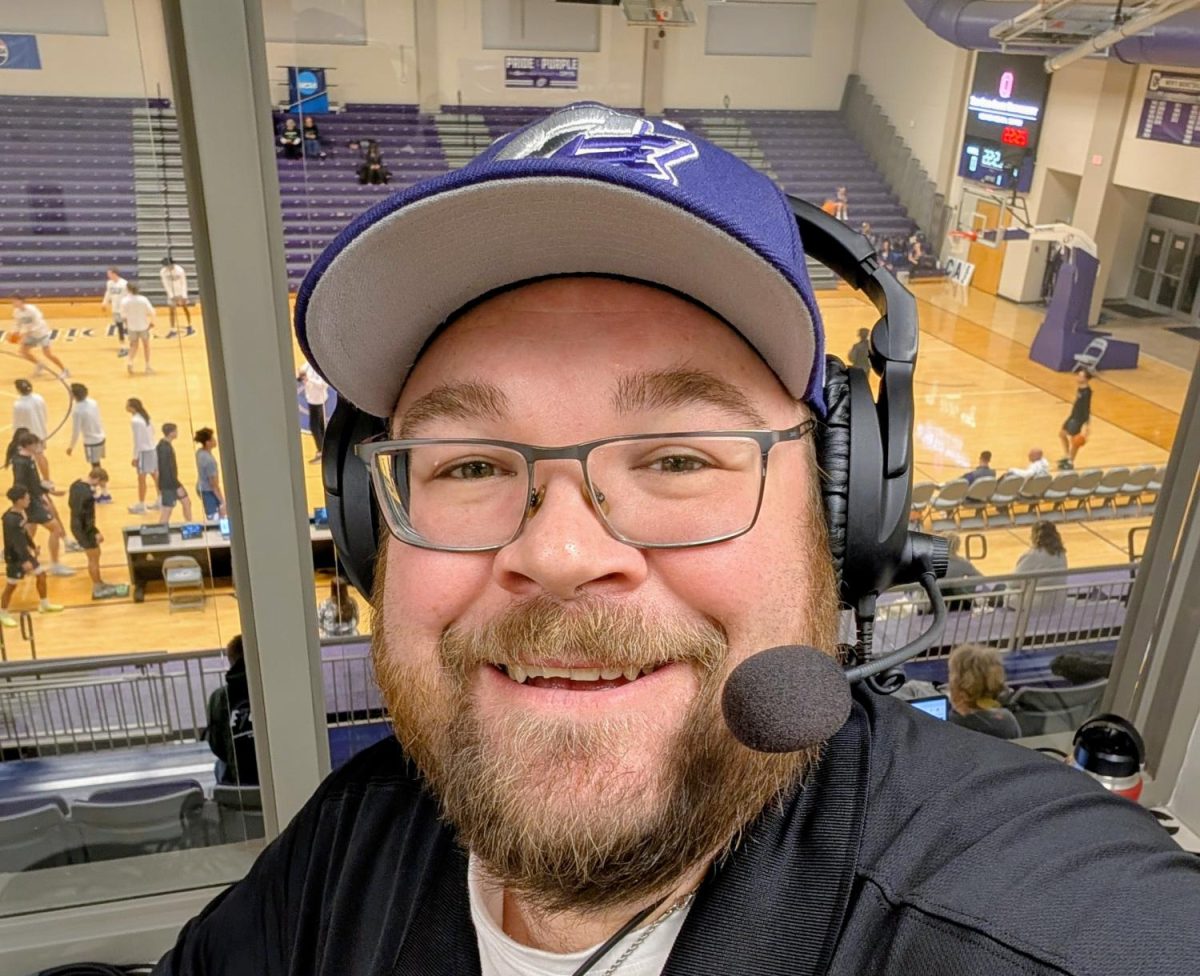
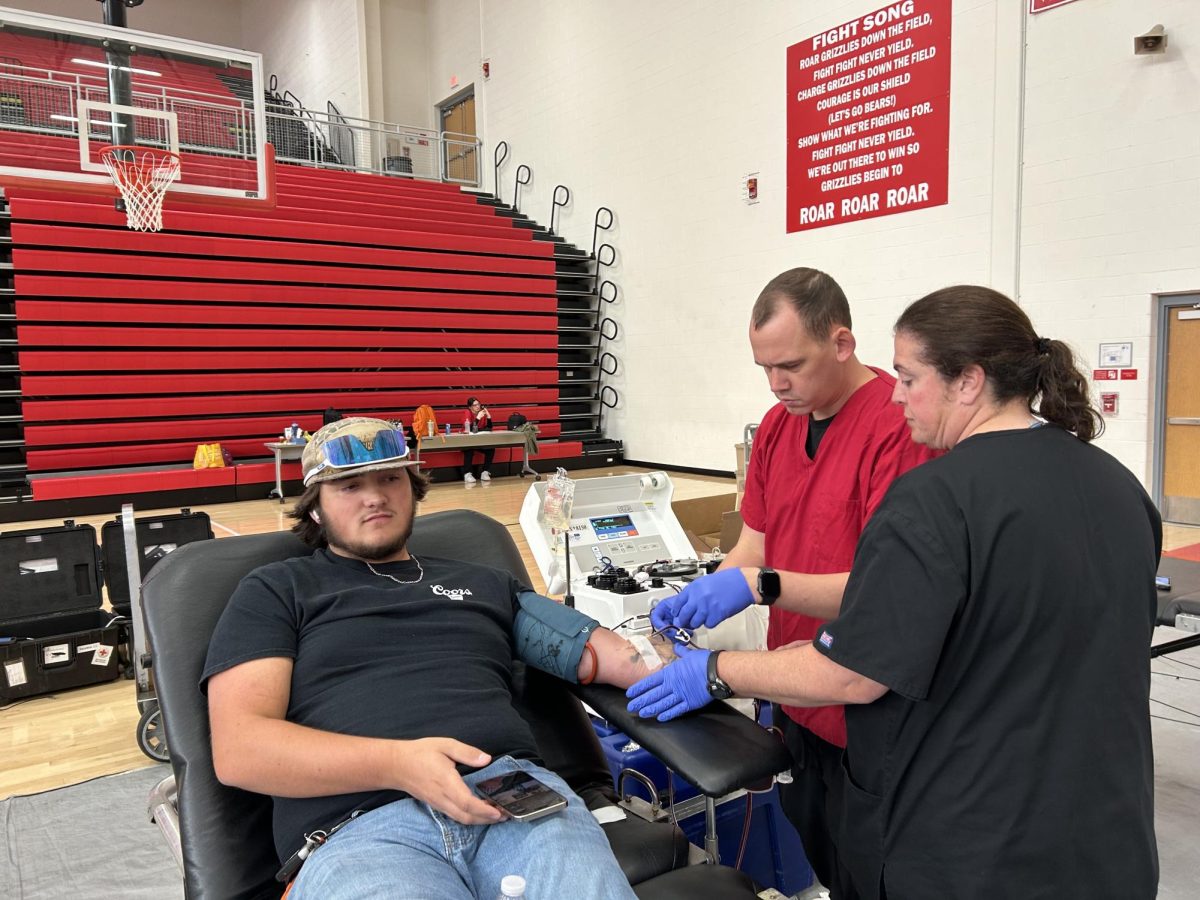
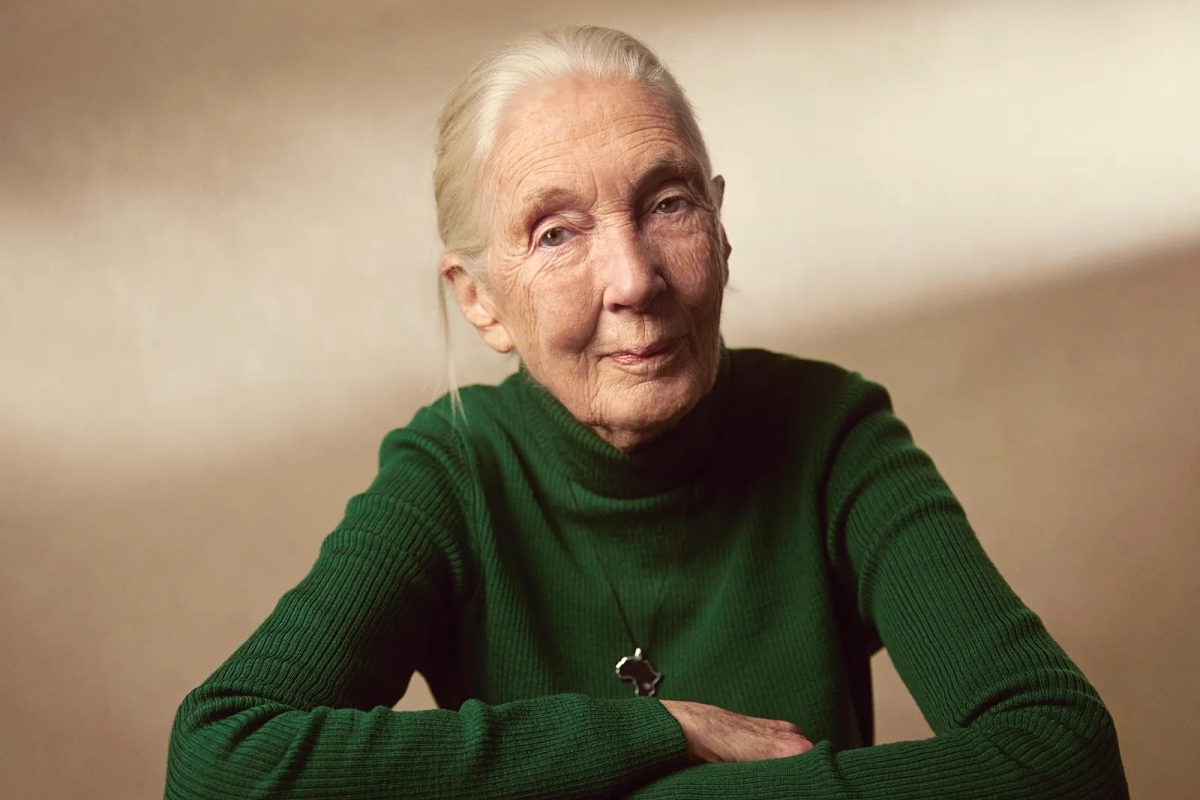
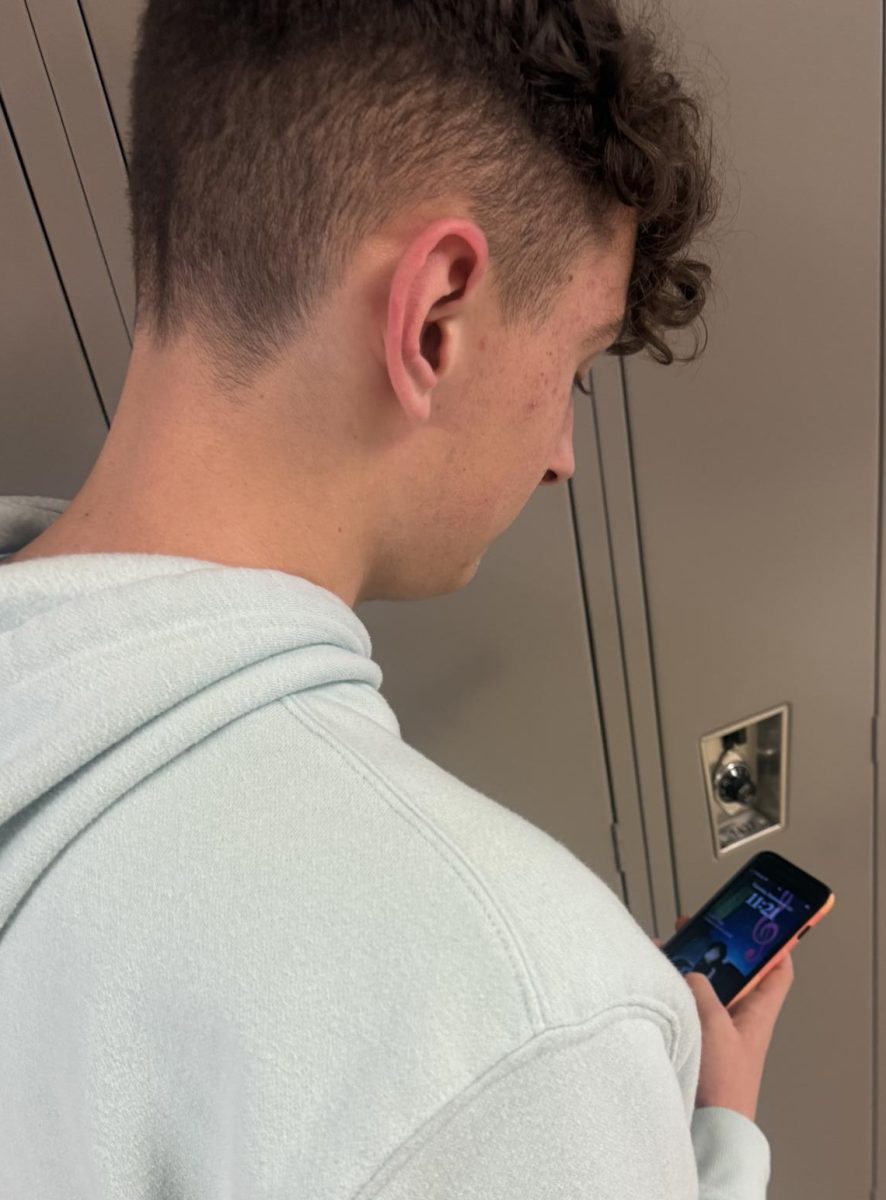
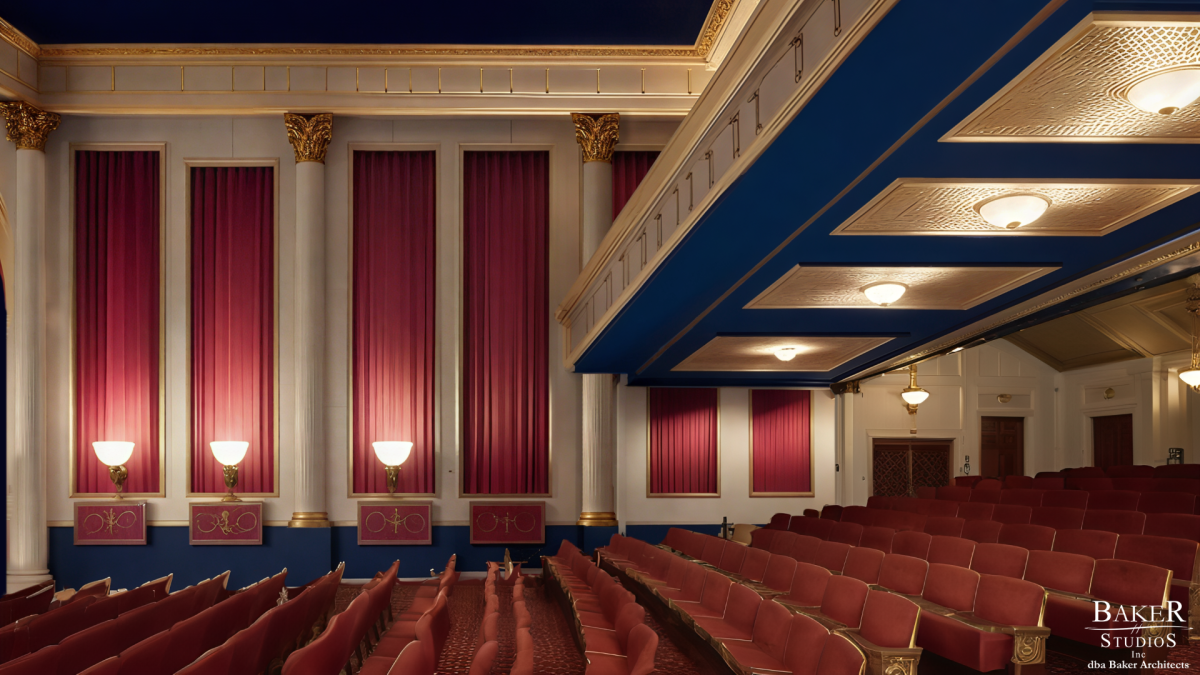
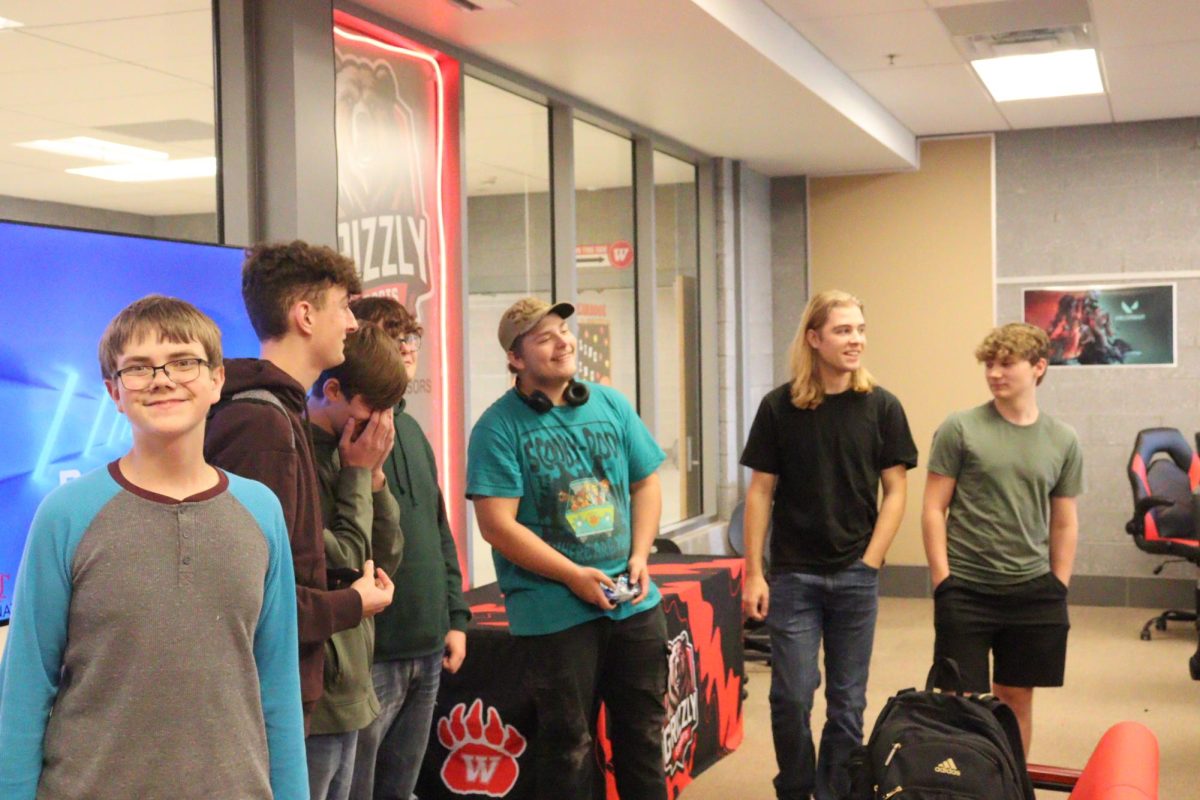
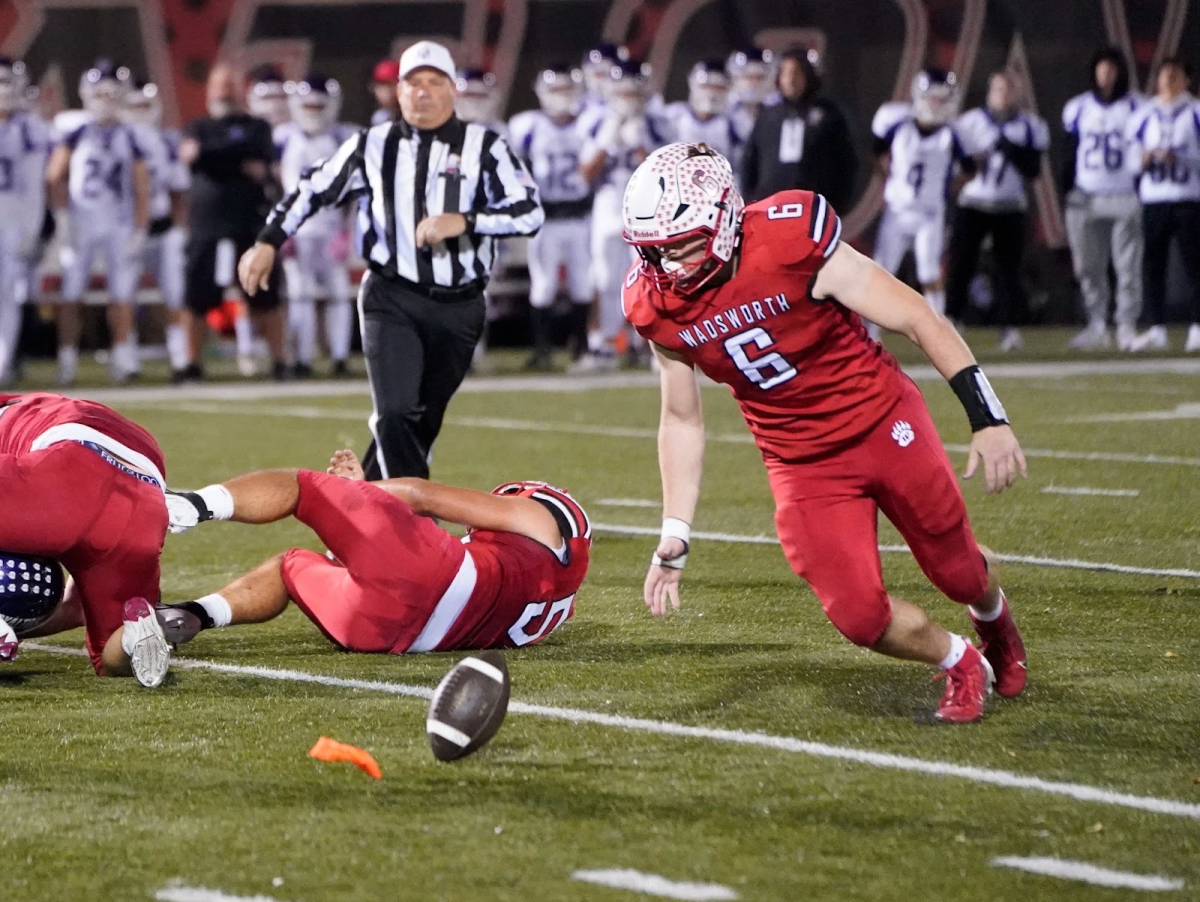
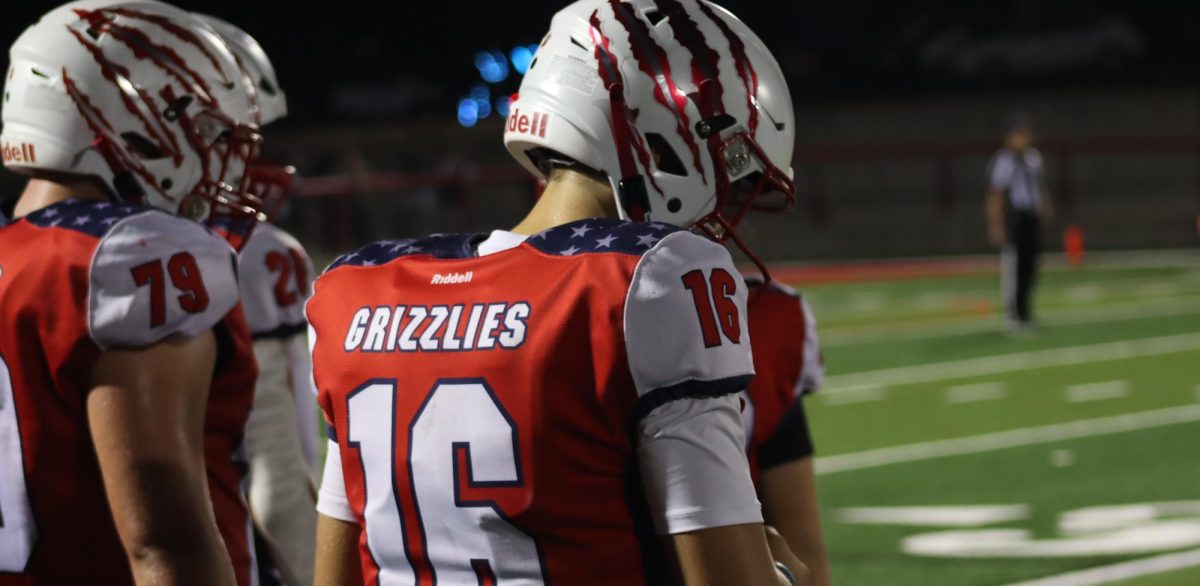
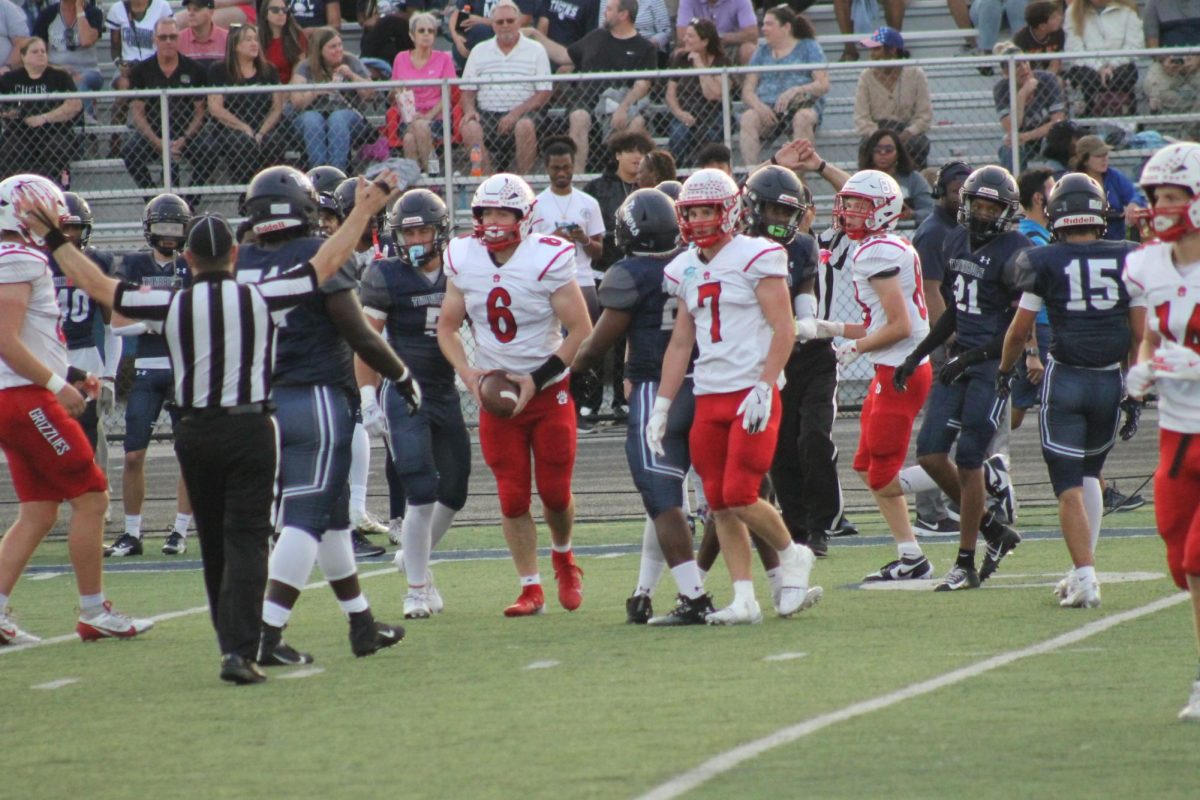

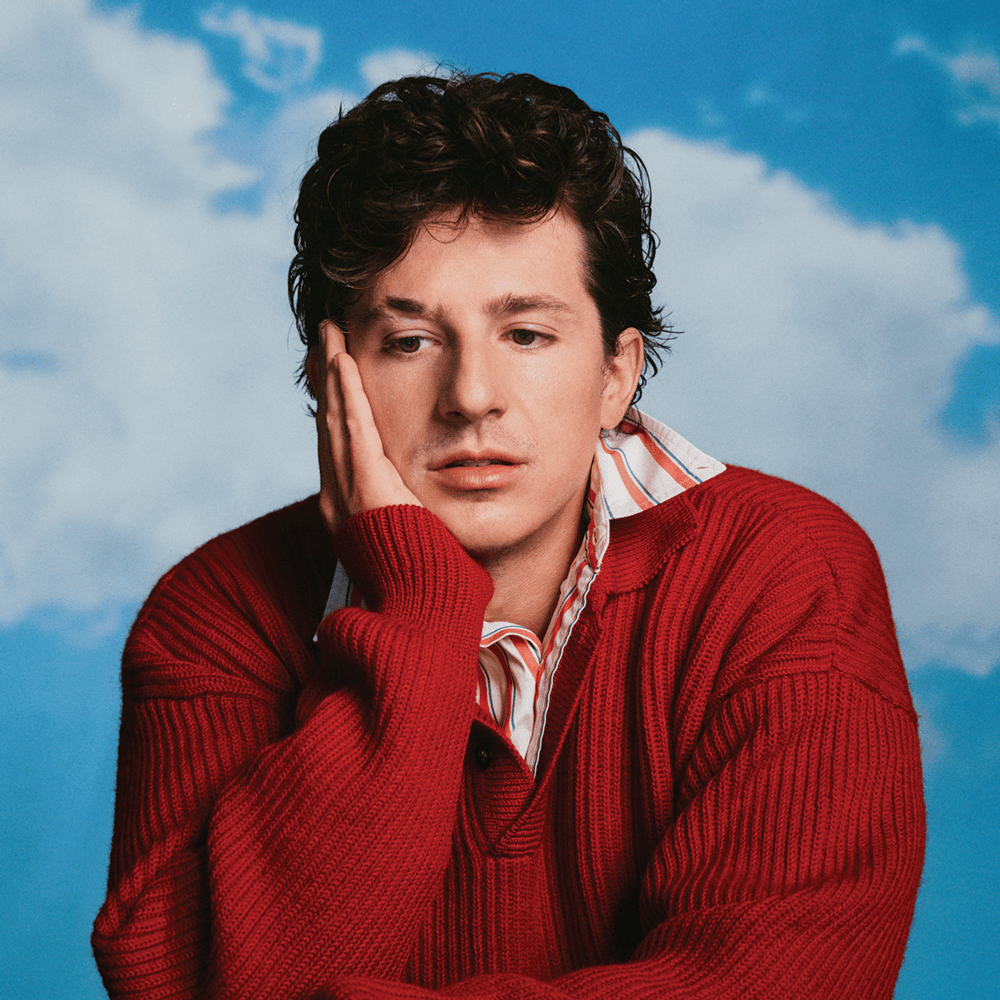

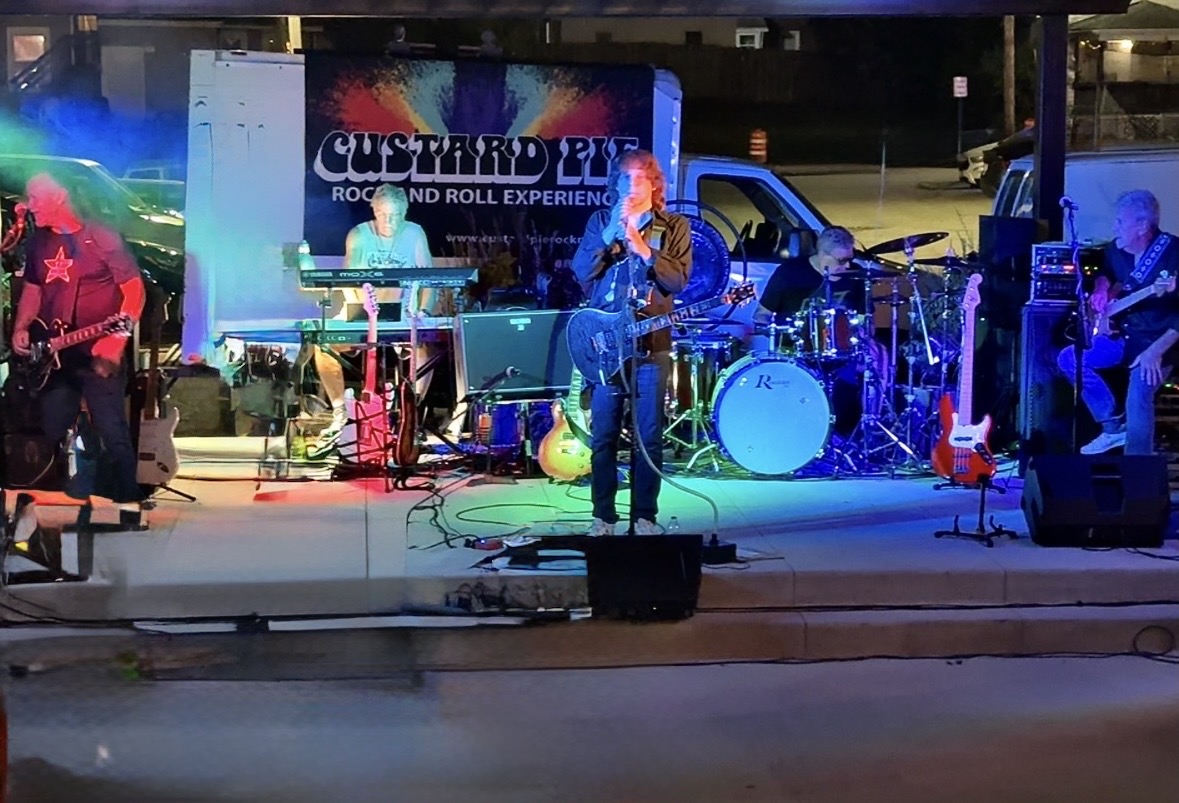
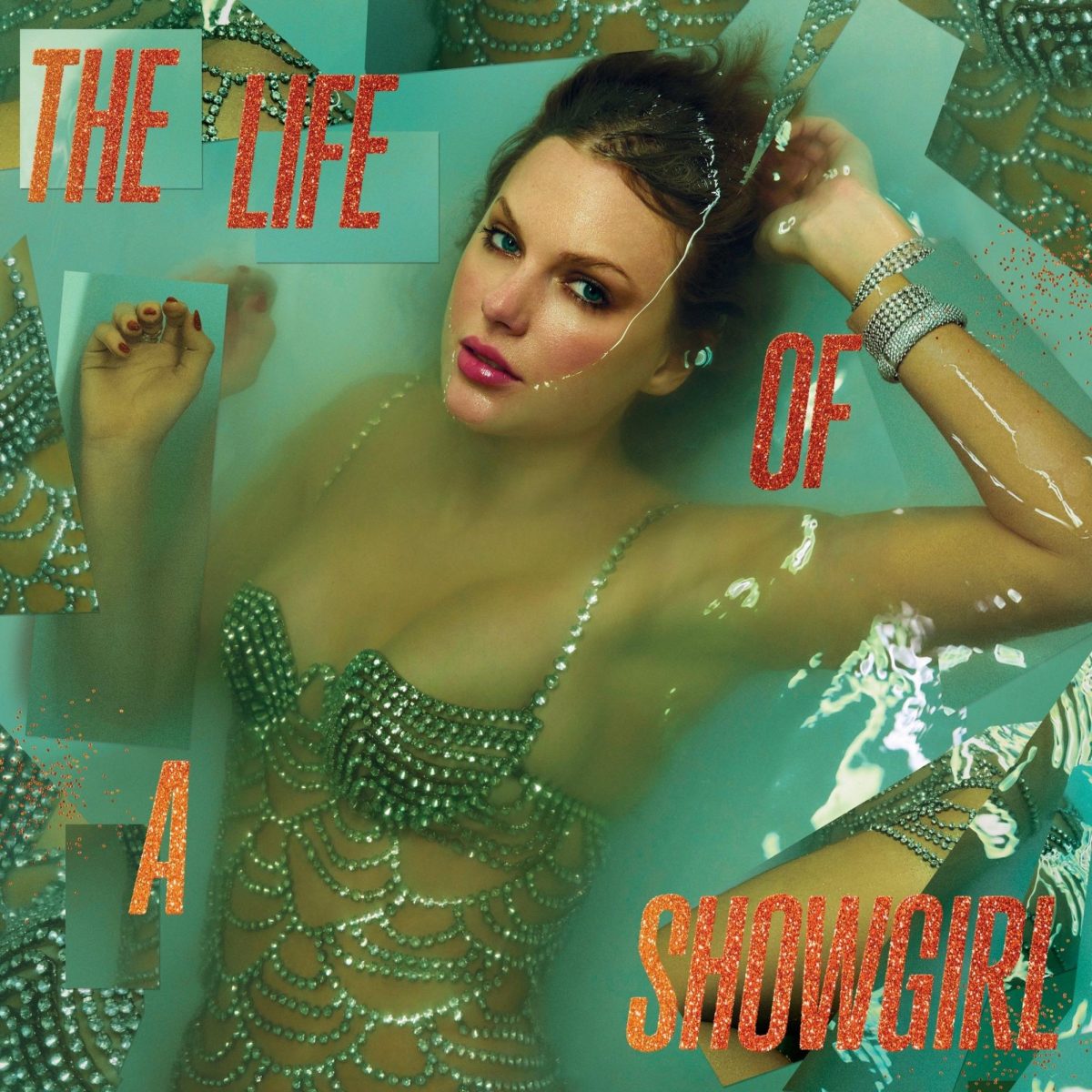
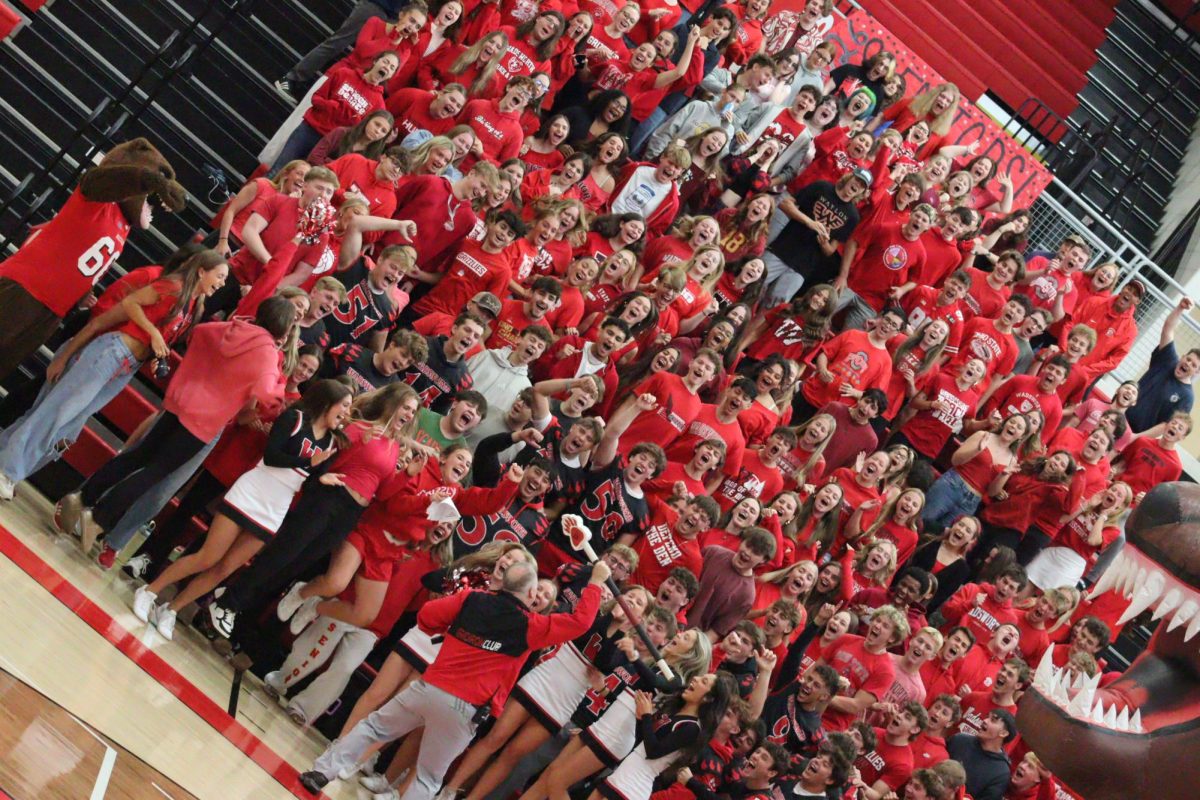
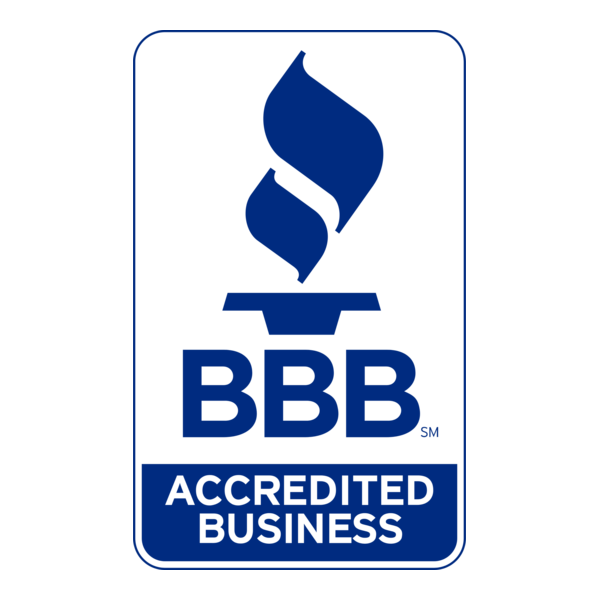
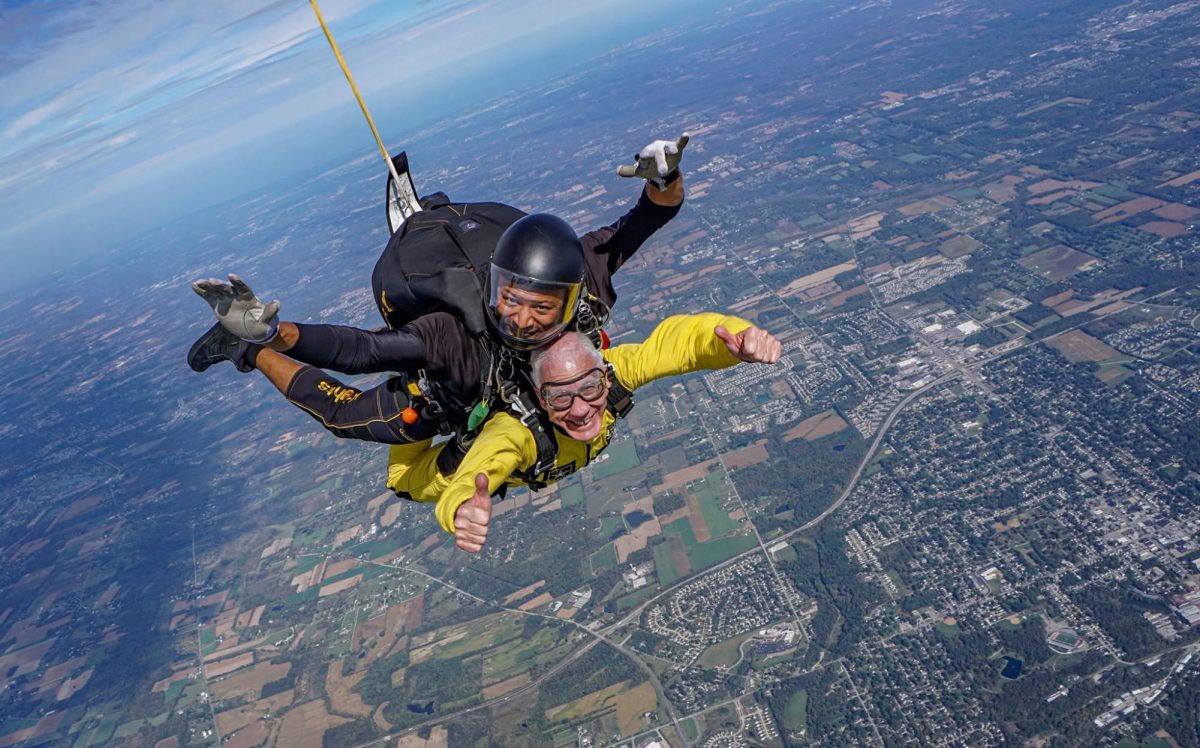
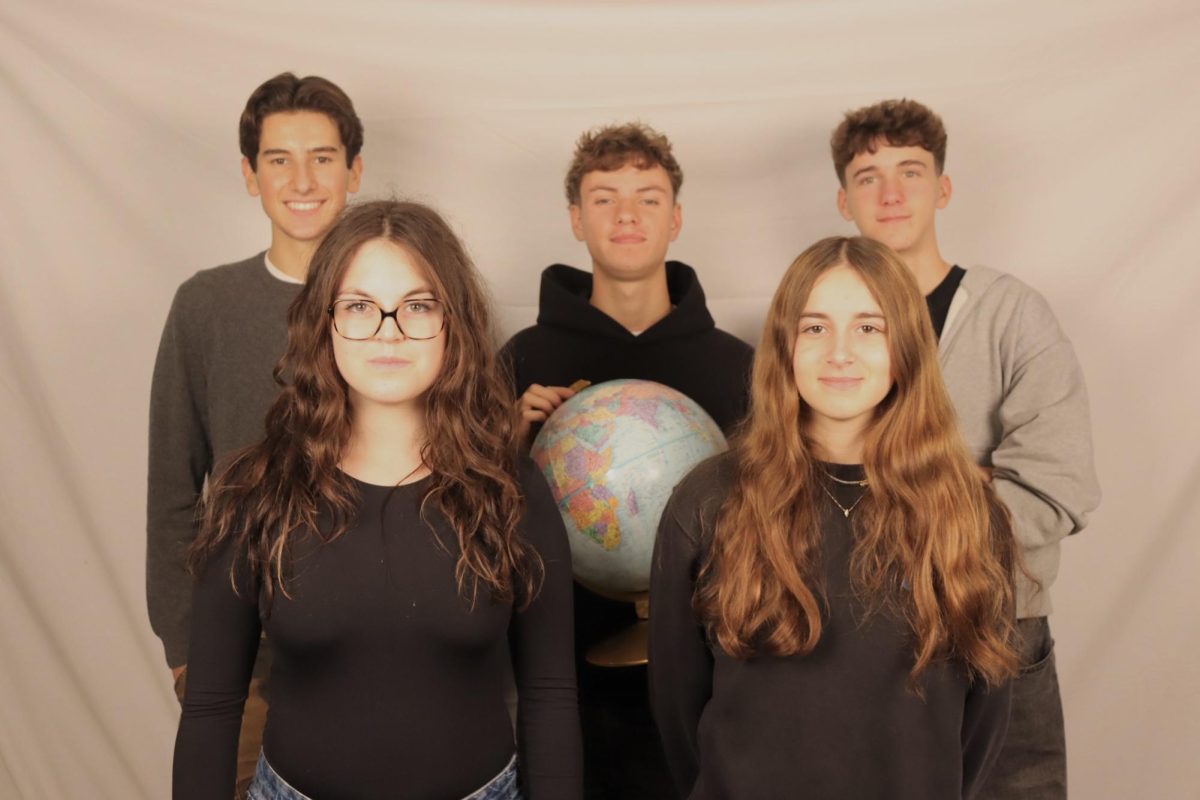
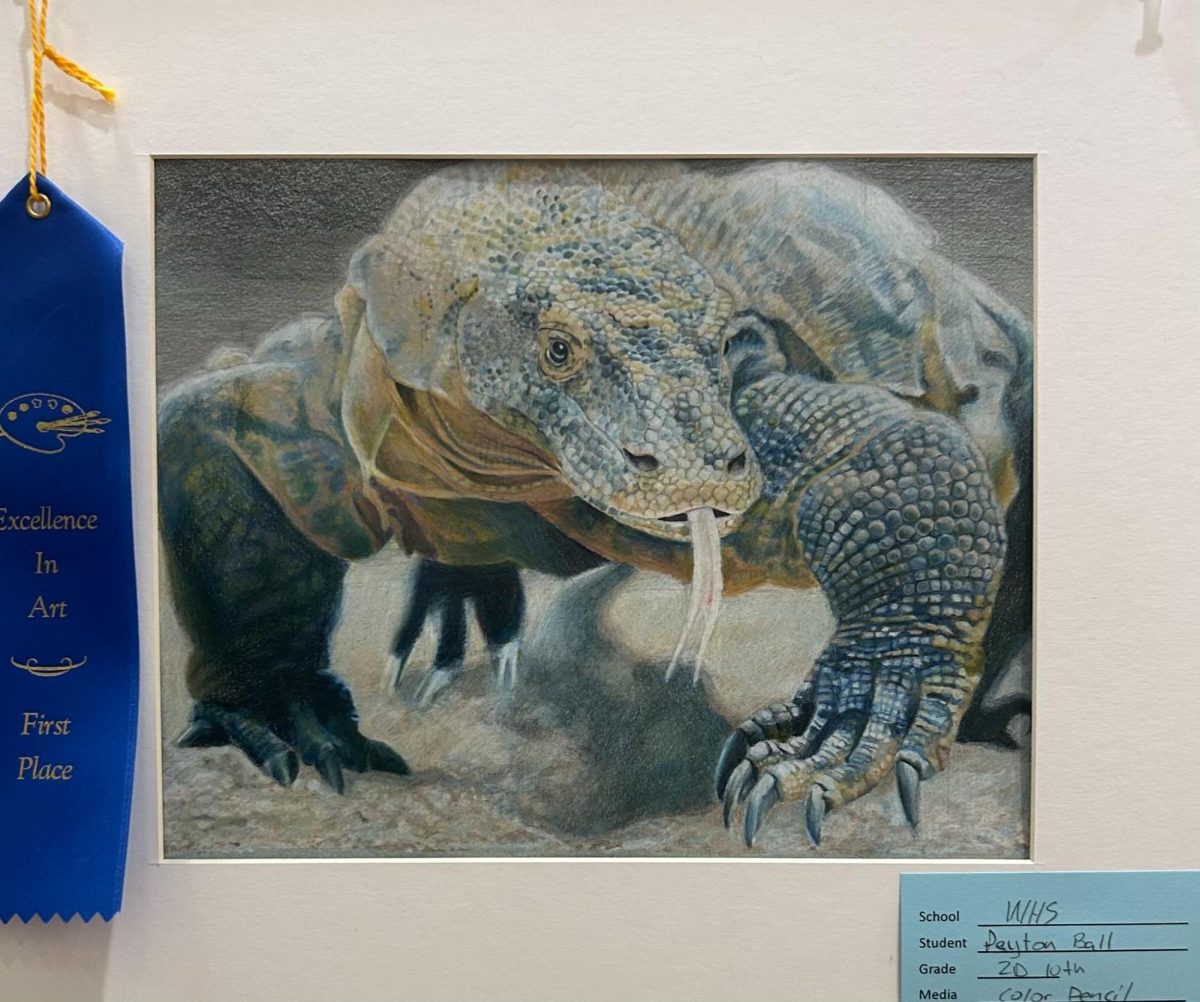
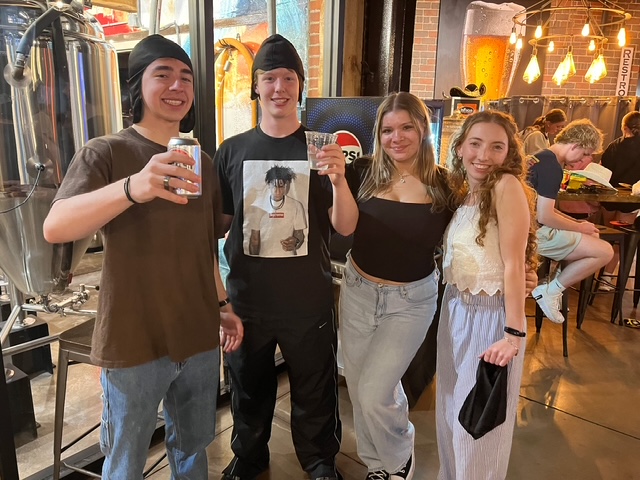
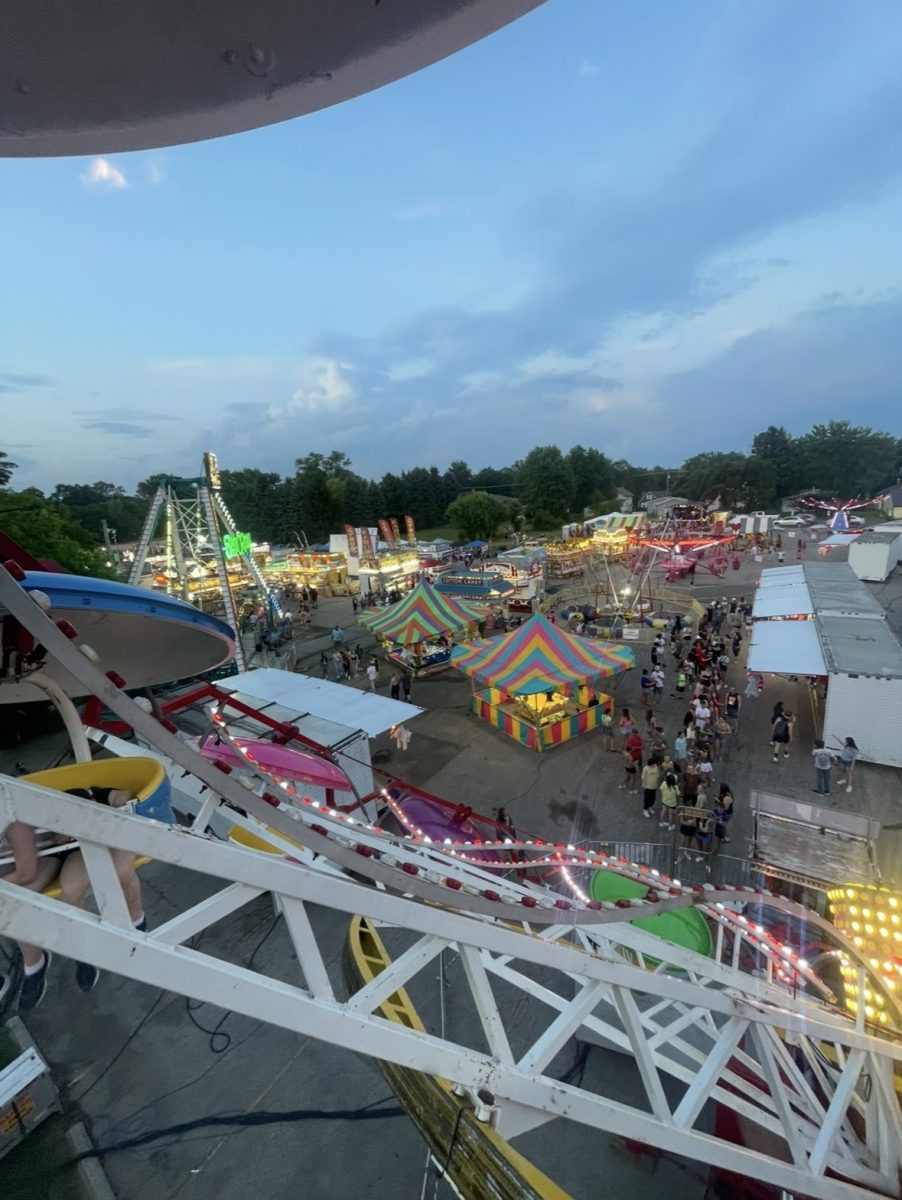

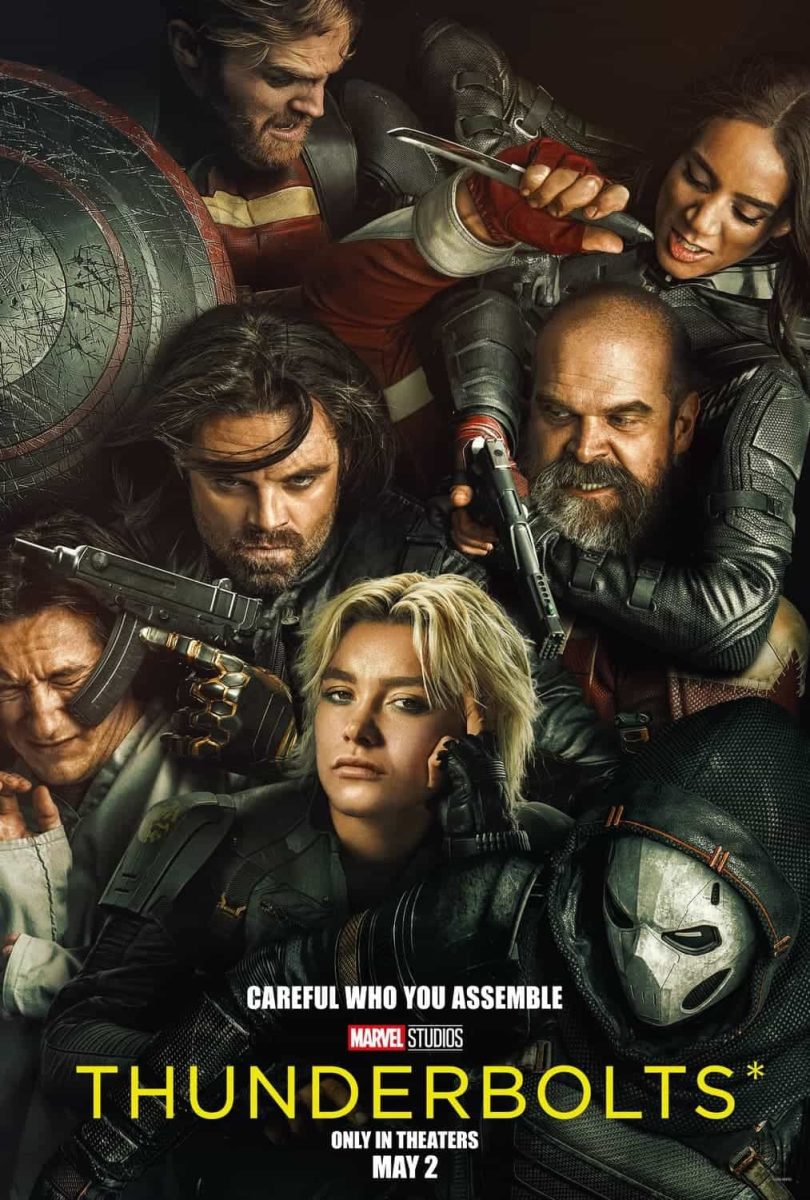
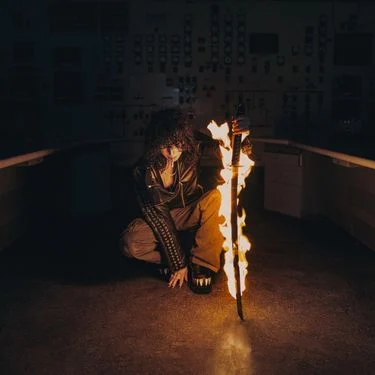
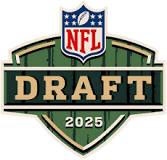
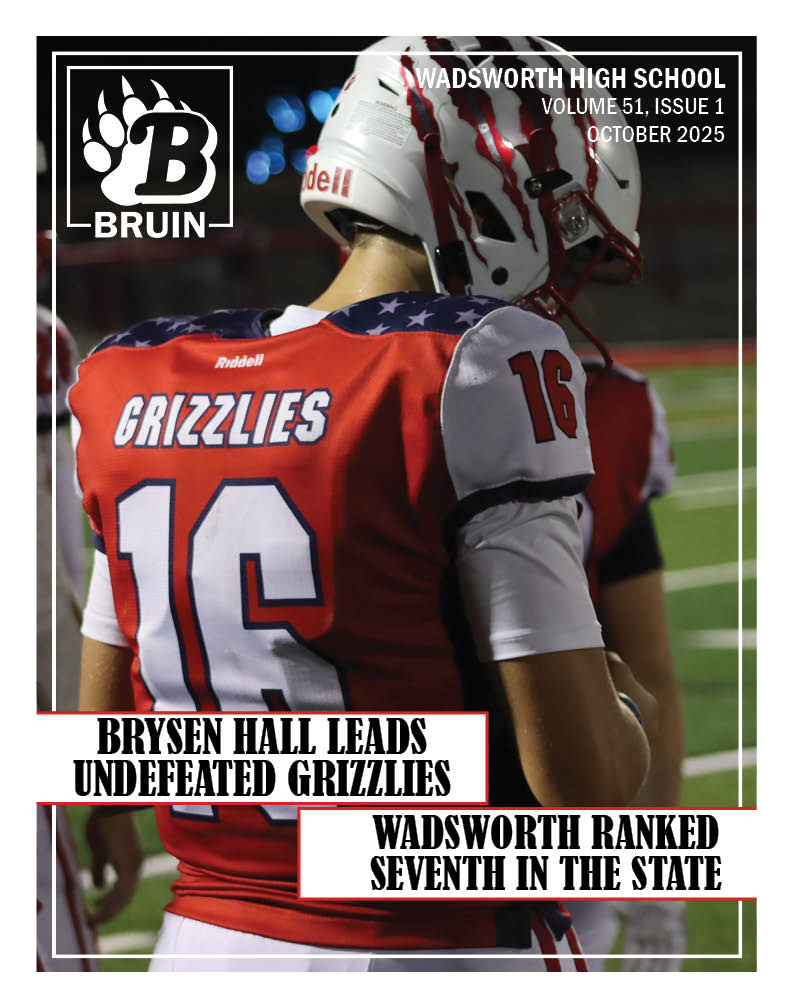
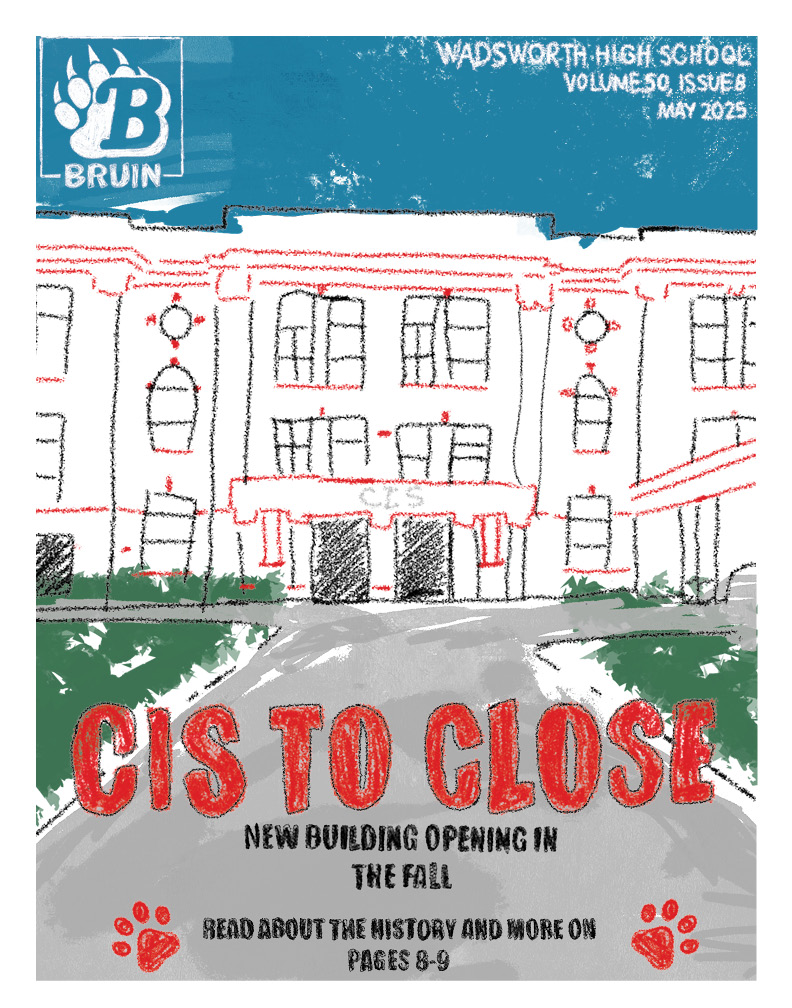
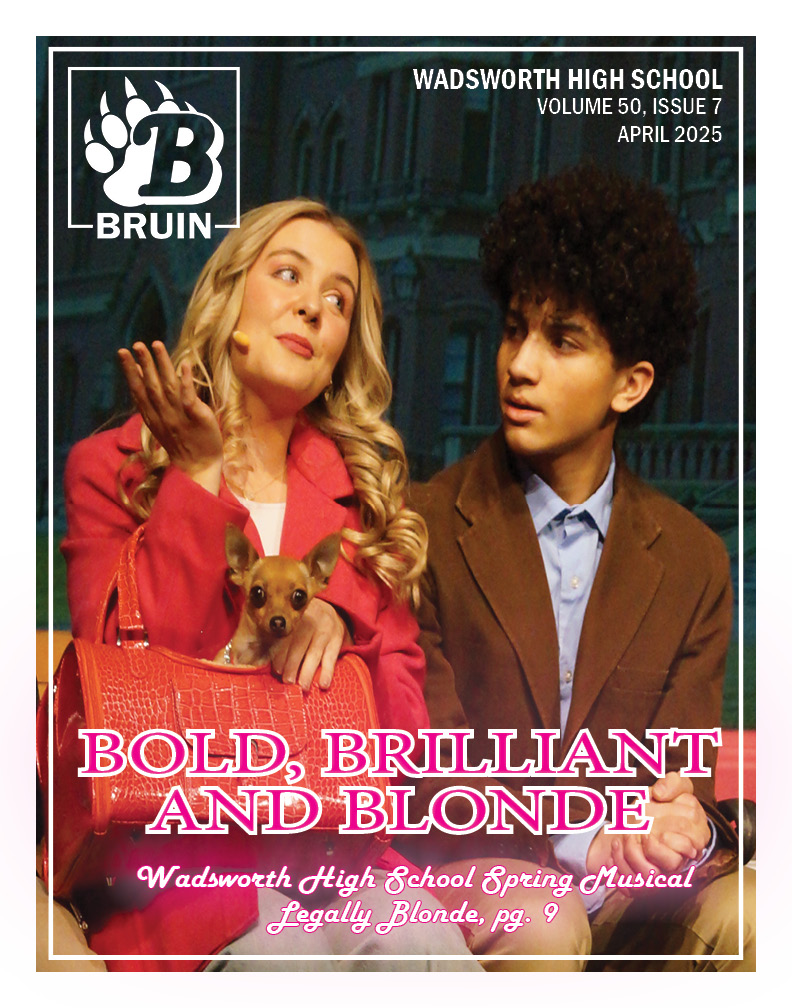
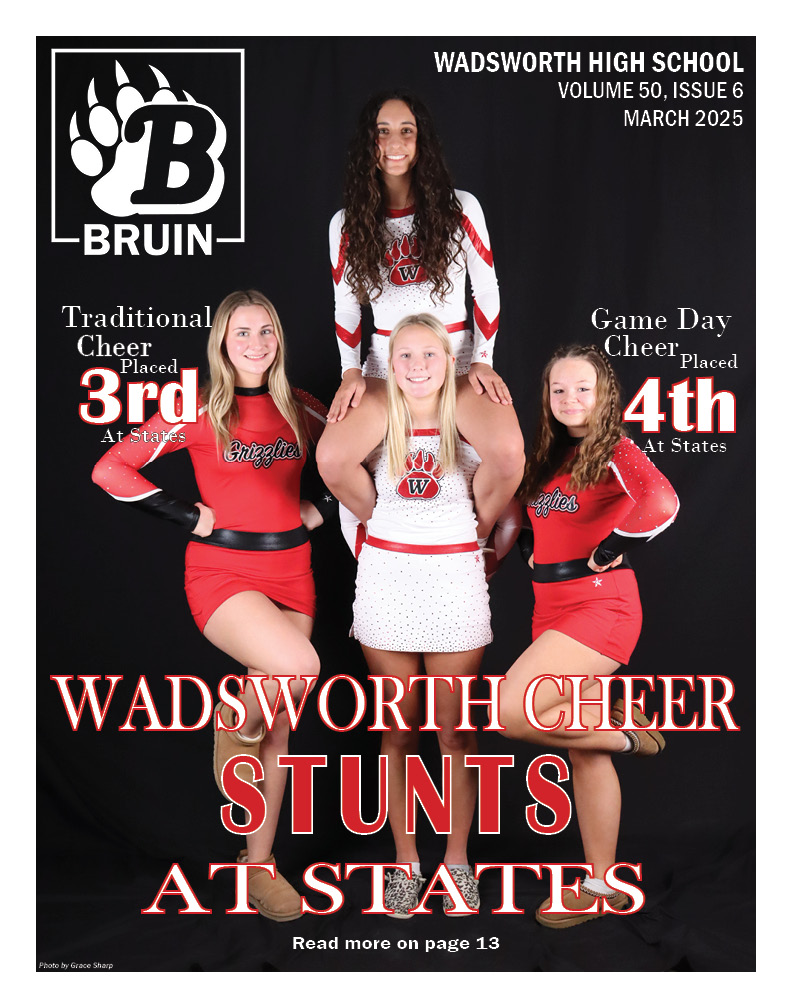

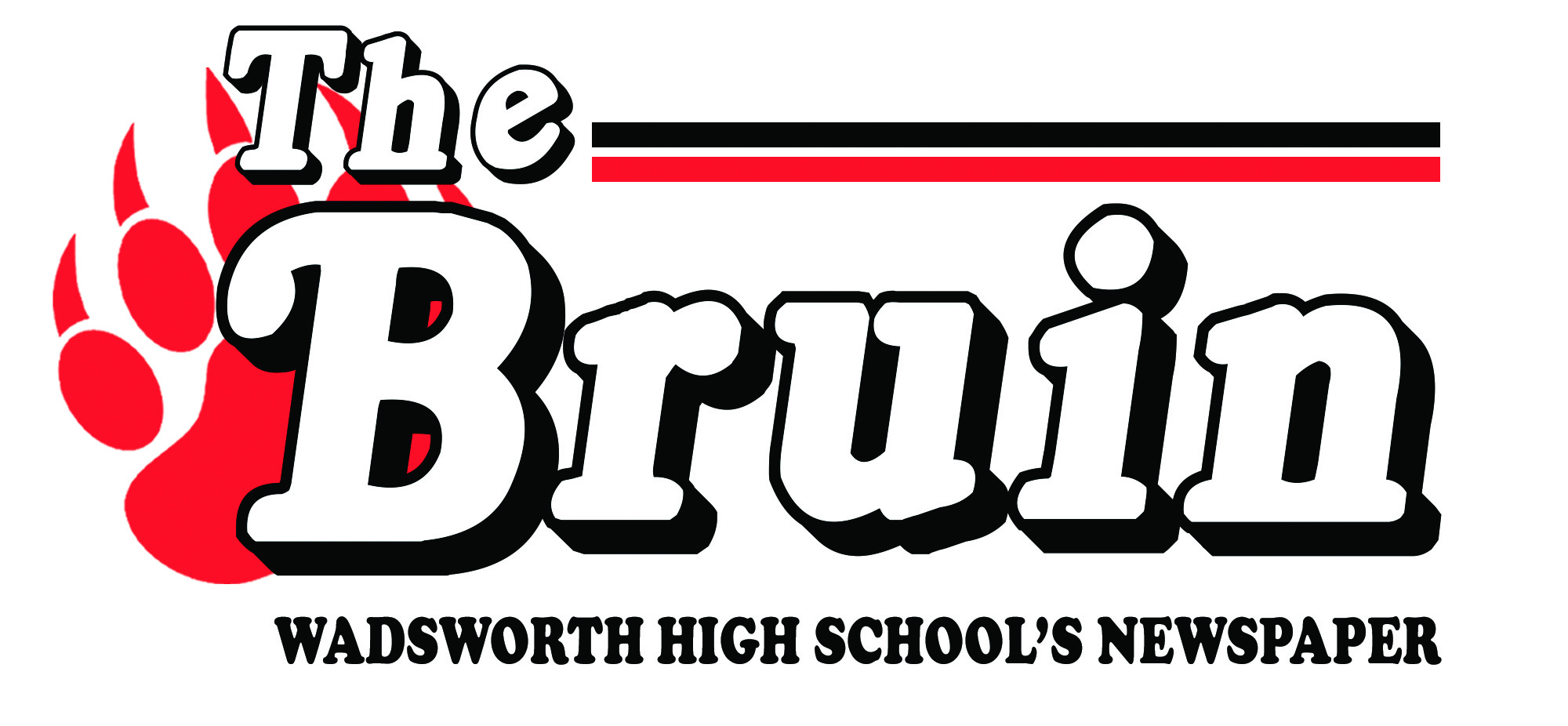
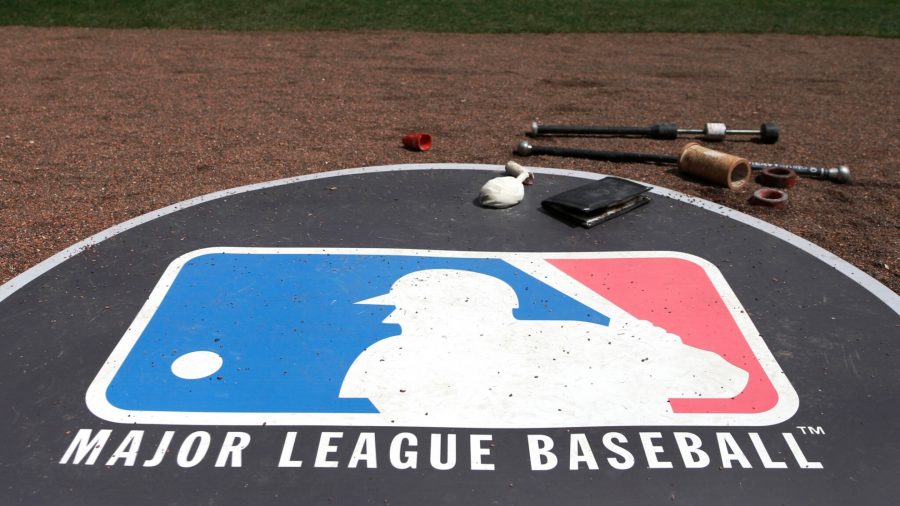
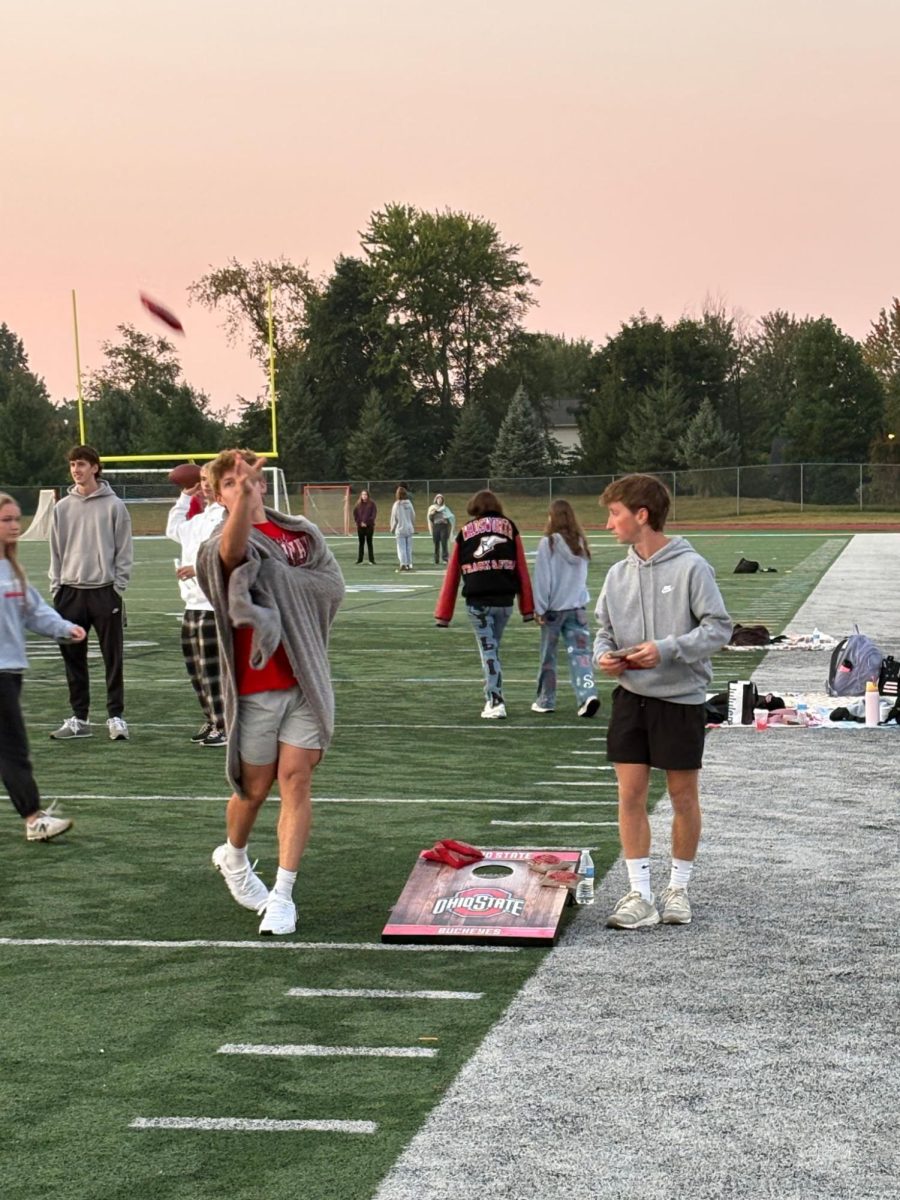
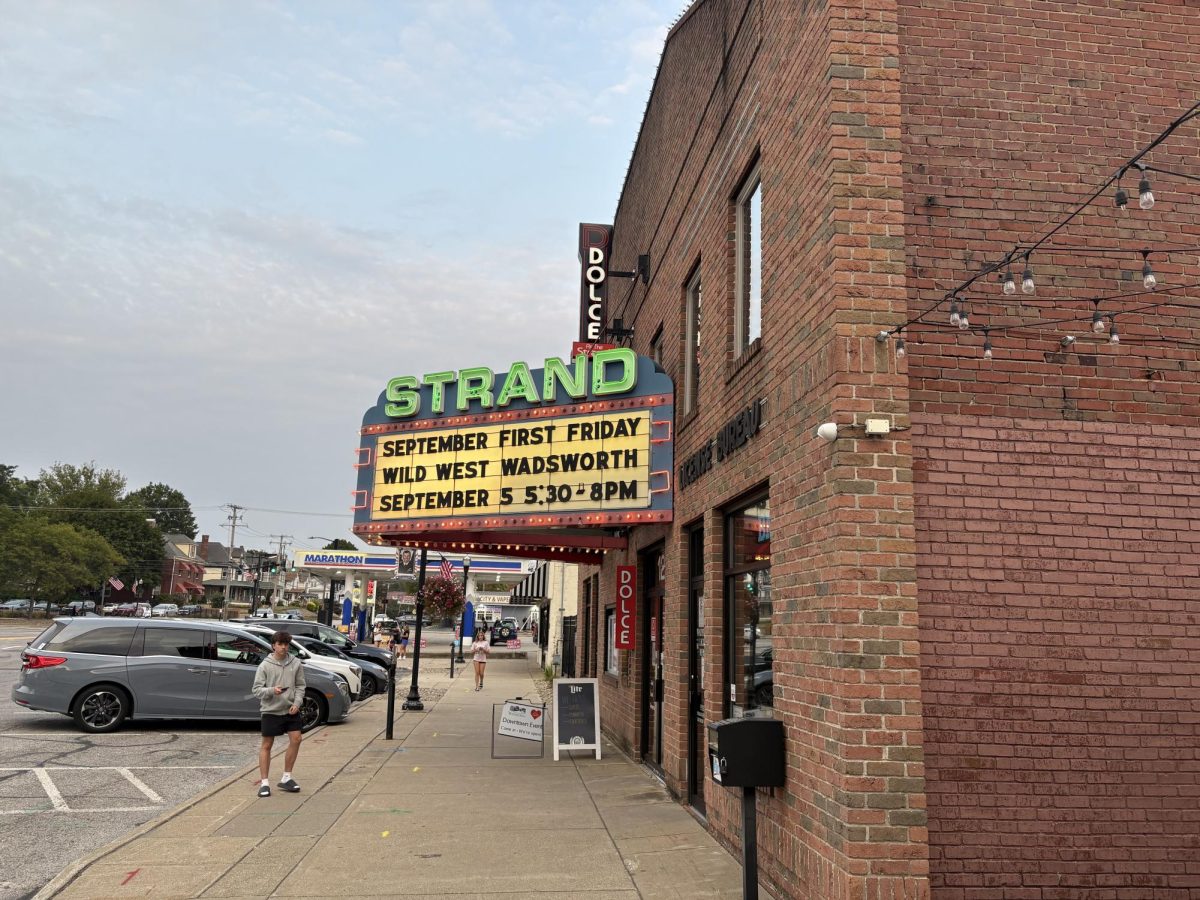
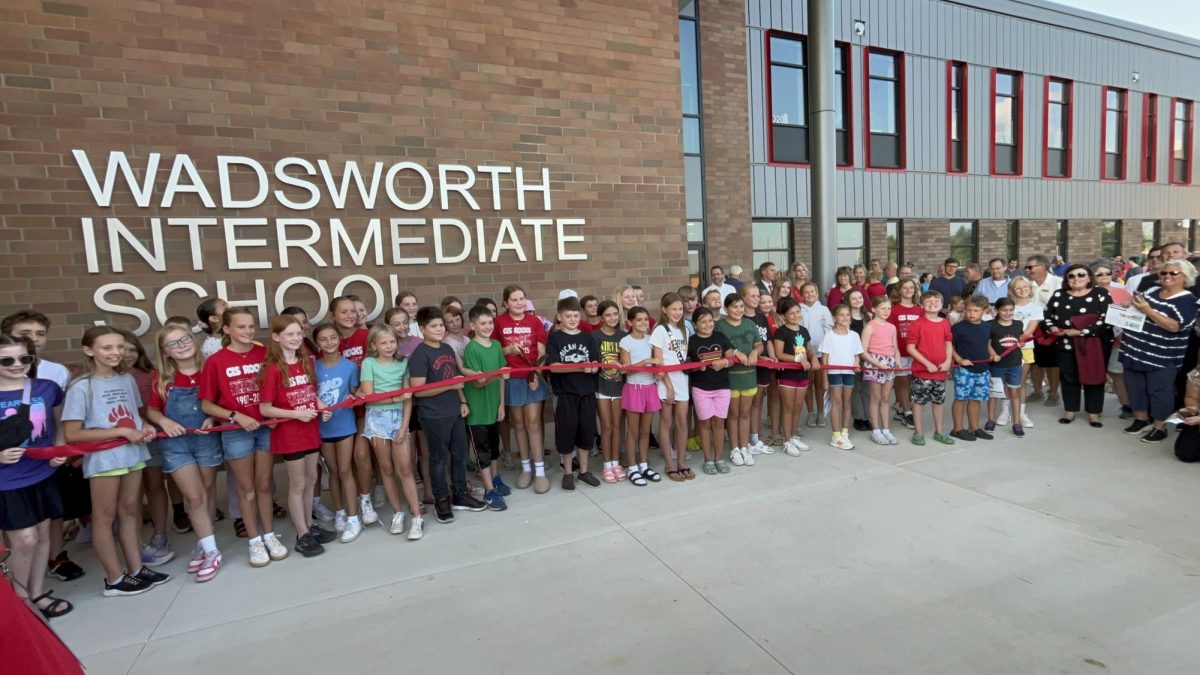
![Wadsworth's Class Of 2025 Walks At Graduation Ceremony [Photo Gallery]](https://wadsworthbruin.com/wp-content/uploads/2025/05/IMG_9018-1-1200x800.jpg)
